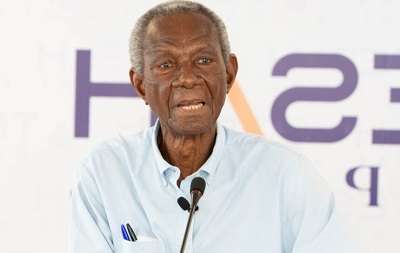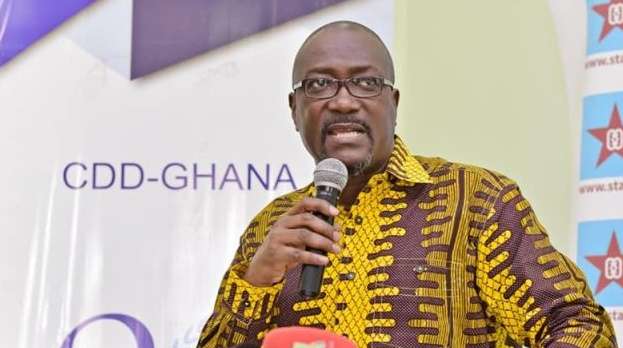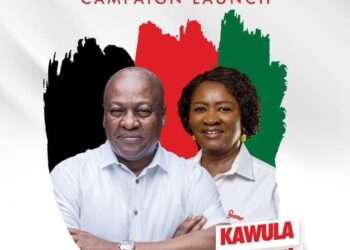The Executive Director of the Centre for Democratic Development, Professor H Kwasi Prempeh has faulted government over the recent passage of the anti-gay bill by Parliament .
He chided government, particularly the executive for not taken proactive steps to engage with the backers of the bill and leadership of parliament over the matter despite knowing its dire implications.
His comments was an intervention made on a facebook post related to Kwame Pianim’s attempt to shield the government and Nana Addo from blame pertaining to the issue.
Early on, the President while speaking on the matter, had hinted that pending the resolution of a Supreme Court suit on the matter, he will not assent to the bill. The renowned Ghanaian economist and elder statesman, Pianim made a case of exemption from blame for the government.
He laid the fault squarely at the door step of the legislature and its members for passing the bill. He also frowned at the speaker of Parliament; Right Honourable Alban Bagbin for his role in the process.
He further pleaded with Ghana’s donor partners not to sanction the country over the issue as that would amount to collective punishment of the citizens. Pianim contended that,
“This is not a referendum that has been passed by the people of Ghana, we are already suffering, so don’t add any sanctions to it, sanction the people who are doing this and if these people make our problems worse, all of us Ghanaians should consider seriously, this 8th parliament of the fourth republic, the administration none of them should receive their ex gratia.”
Although his submission did not suggest any form of disdain for LGBTQ activities, it showed no support for the bill either. He appeared to be bothered by economic considerations and the potential impact of funding cuts by donor countries as alluded to by the finance ministry.

Déjà vu
For Prof. Prempeh, this appears more like a tryst fate. He is of the view that, government had not been proactive enough and that has occasioned this current gridlock with so much at stake for the country and its people. Responding to a facebook post that argues that, the government should not be blamed for problem that emanated from a private member’s bill, he opined that,
“All the more reason the executive should have taken exceptional interest in it from the beginning and made serious engagements with all key stakeholders. Knowing its severe implications for the economy and the country’s various international interests and obligations, you don’t just sit and watch a bill like this go through the parliamentary processes for over two years without having any serious engagement with its sponsors and backers. Who does that!!”
An indifferent public
Despite all the fuss about the economic blowbacks of the bill in its current form, Ghanaian public have remained indifferent. For them, it is not about the economy or any other international obligation but a matter of sovereignty, faith and values. Hence there is no room for compromise.
Many people are rather baffled at the President’s approach which they see as a form of “ delay tactics” and stalling. Meanwhile, the opposition National Democratic Congress (NDC) and its leader and contender in the up coming elections has declared his support for the bill and vehement opposition to LGBTQ activities in the country.
There are reasons to believe that some within the ruling New Patriotic Party (NPP) are concerned that NDC may capitalise on the government’s approach to gain political support. Already, the private member bill that initiated the legislation emanated from the party’s member of Parliament.
Others have also pointed that for the NDC, it is not about politics. They reference to the fact that during the Atta Mills led administration, the government was very emphatic on its position when similar threat of economic consequence were raised as leverage.
Crucially, the economy was probably in better shape than it is now. That accounted for the firmness exhibited by that government. As it stands, most economic analysts think Ghana cannot withstand any dire consequences without unwarranted hardship.
READ ALSO: At 67, Ghana’s Dilemma of Identity





















